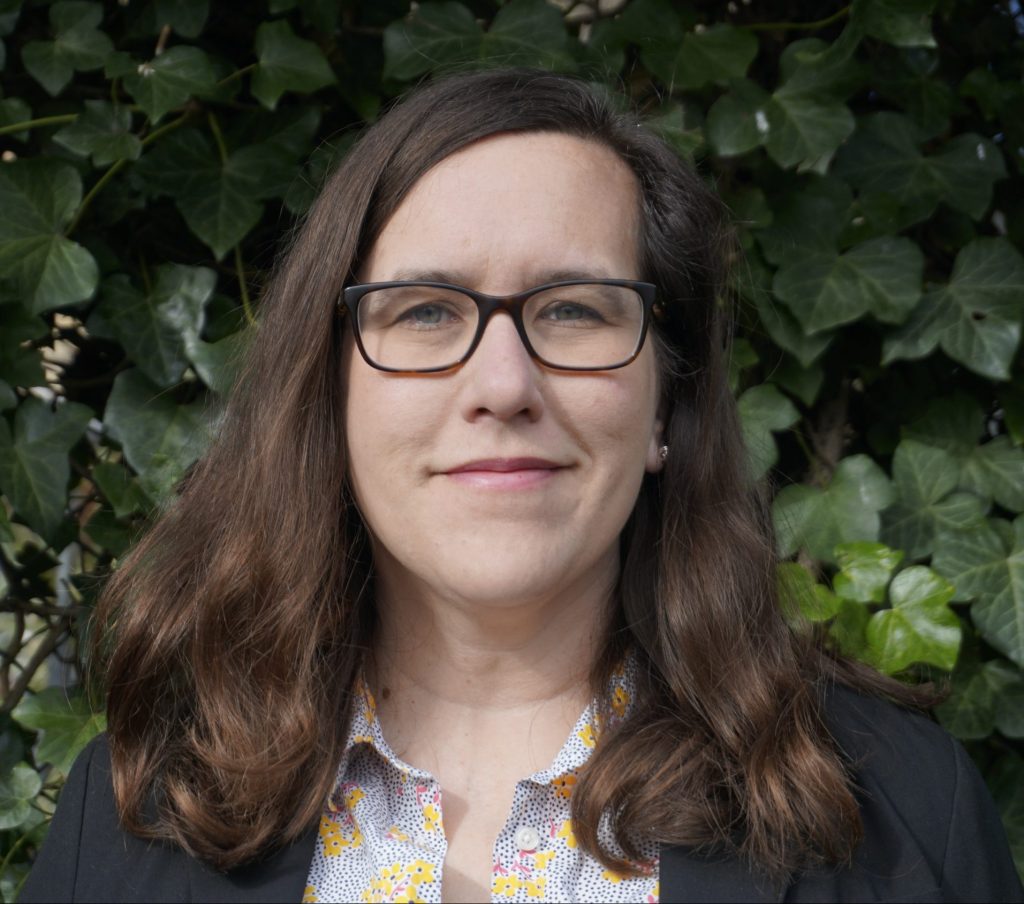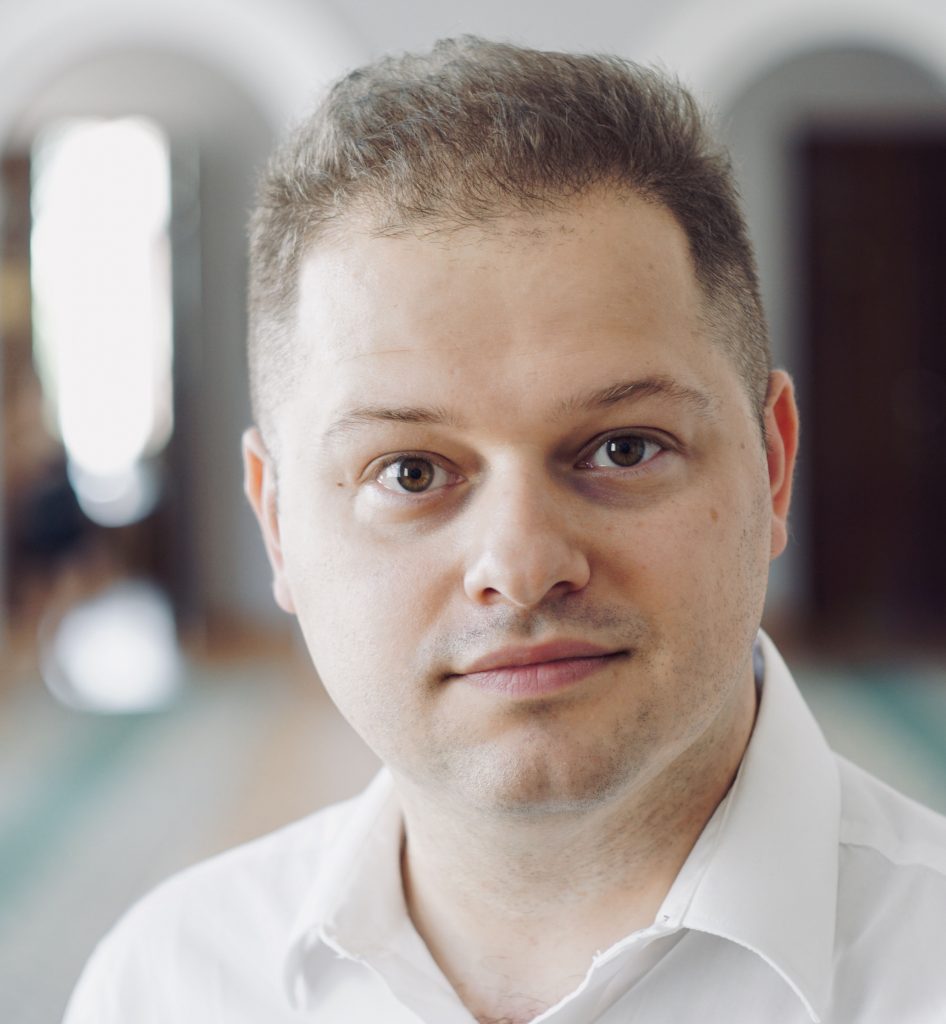The Special Tribunal for the Crime of Aggression against Ukraine: Implications for the Prosecution of Religious Leaders

Michelle Coleman is a senior lecturer in law at Swansea University.
There is no doubt that Russia’s invasion of Ukraine on 24 February 2022 was an act of aggression by the Russian State. In international law aggression is generally understood as when a country either starts a war against another country or engages in actions that drive another country to go to war. It is grounded in the idea that attacking another country goes against the peace and security and victim states’ own sovereignty and right to self-determination.

